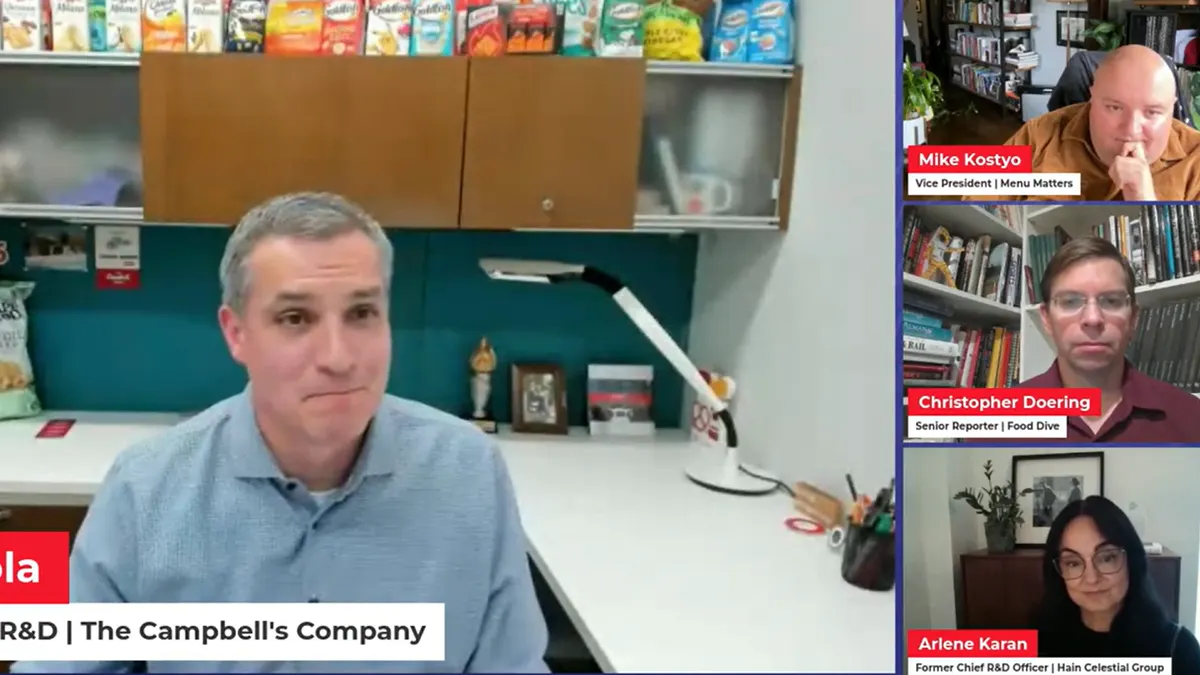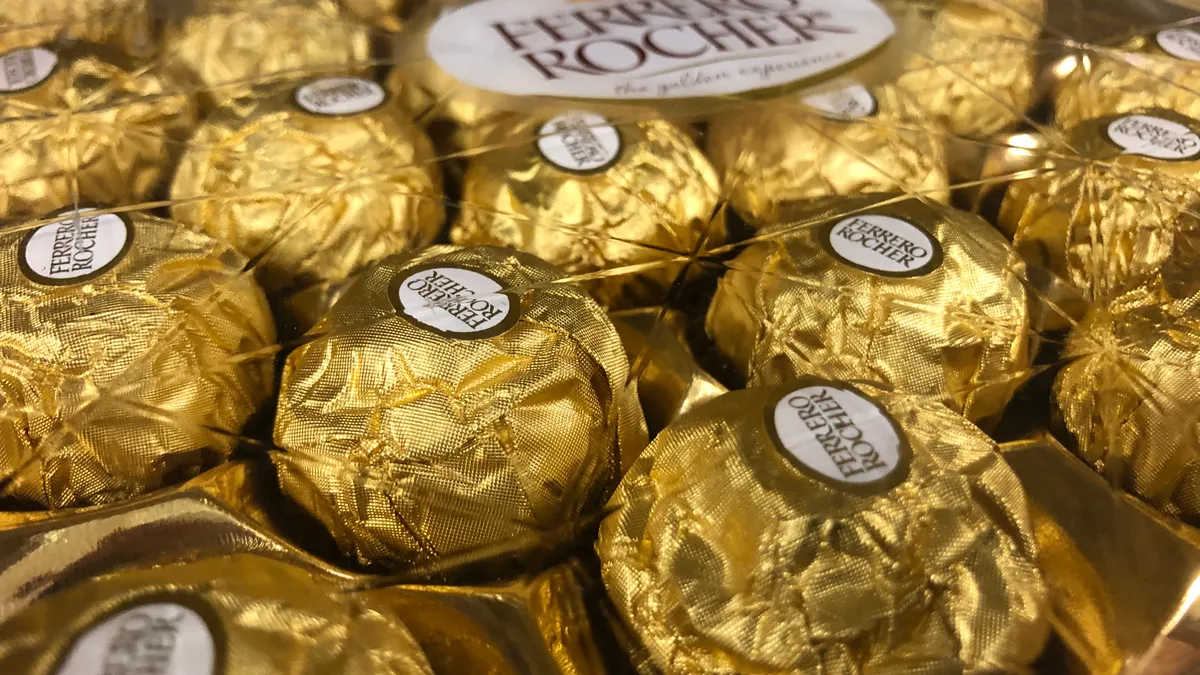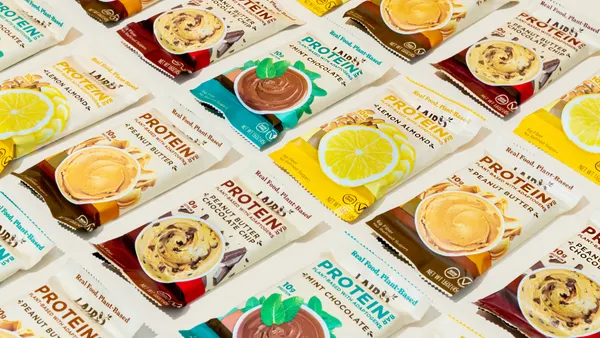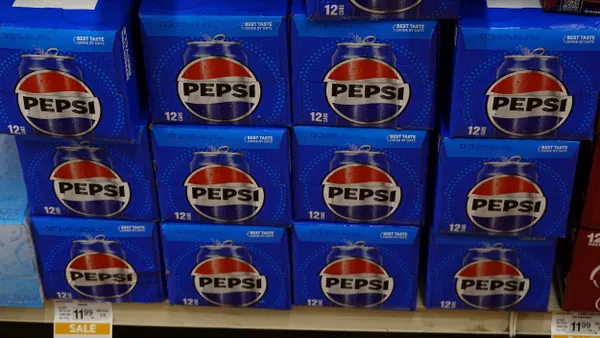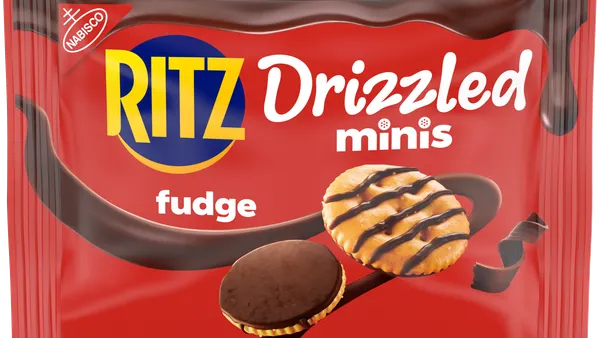Dive Brief:
- AB InBev is launching a new beer in 12 Midwestern states. The debut of Busch Signature Copper Lager marks the first extension of the Busch brand in more than 15 years.
- The move signals a bit of a departure for AB InBev. The new lager is an economy beer, offering higher-than-average alcohol content, but sticking to a lower price point. It's a niche that has long been served by Busch, and also one where sales have been contracting for AB InBev and its rivals.
- The new beer features a marketing campaign aimed at reinforcing its image as better-than-usual, but not by much. The tagline is “More Flavor. No Fuss,” and a beer for those “Slightly More Special Occasions."
Dive Insight:
Ummm, OK. So, the plan here is — wait. We want to get this straight. So the idea is that traditional beers aren't selling very well because young people aren't drawn to the stuff anymore. Millennials want something stronger and hipper, and the existing consumers for this stuff are getting too old to drink.
Plus, those ad campaigns and marketing plans are so weirdly divisive. Everything seems aimed at portraying a particular beer brand as standing alone in the West somewhere as the last bastion of good American living, standing unmovable against the winds of change. Like a rock. Or are those the pick-up truck commercials? We can never tell those things apart.
At any rate, we're with you so far. The old beers don't sell well because the old people who drank them are growing even older, and the tropes and clichés that were used to sell the old beers to the old people fall flat in a new era of thinking globally. We get all that.
Where we're confused is that AB InBev decided that the solution was to revive and extend a troubled brand line from the old days, put yet another picture of the Rocky Mountains on the bottle, and market it with the same sort of divisive, catch-the-reference-to-the-culture-wars nonsense that has marked beer ads for years now. (Busch's new ad campaign debuted last month. It features the tag line "Here's to earning it" and features loving portrayals of blue-collar folks — nearly all male and white — at work.)


